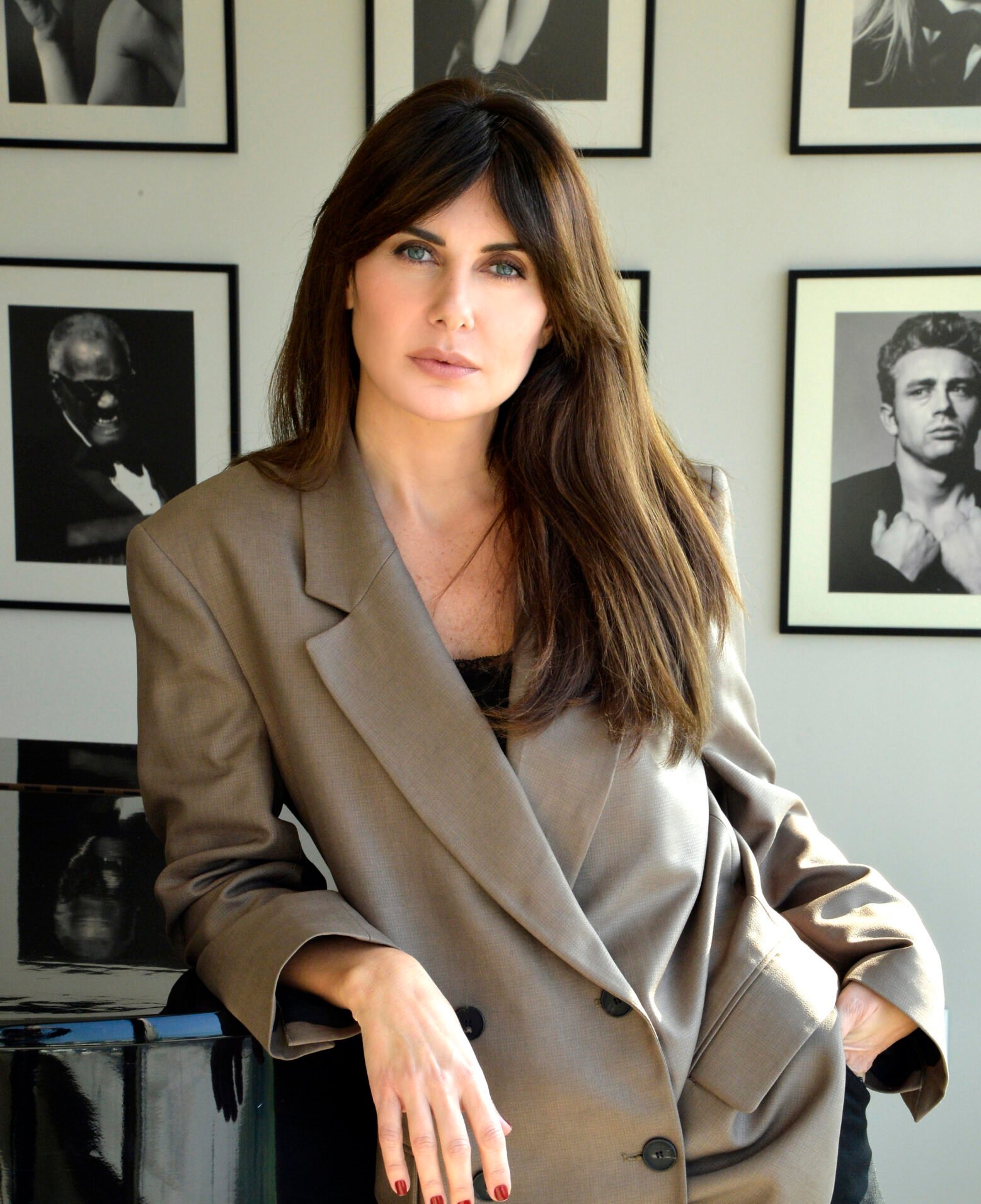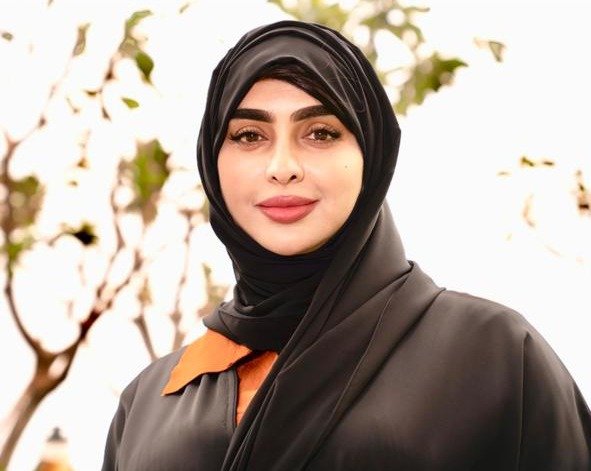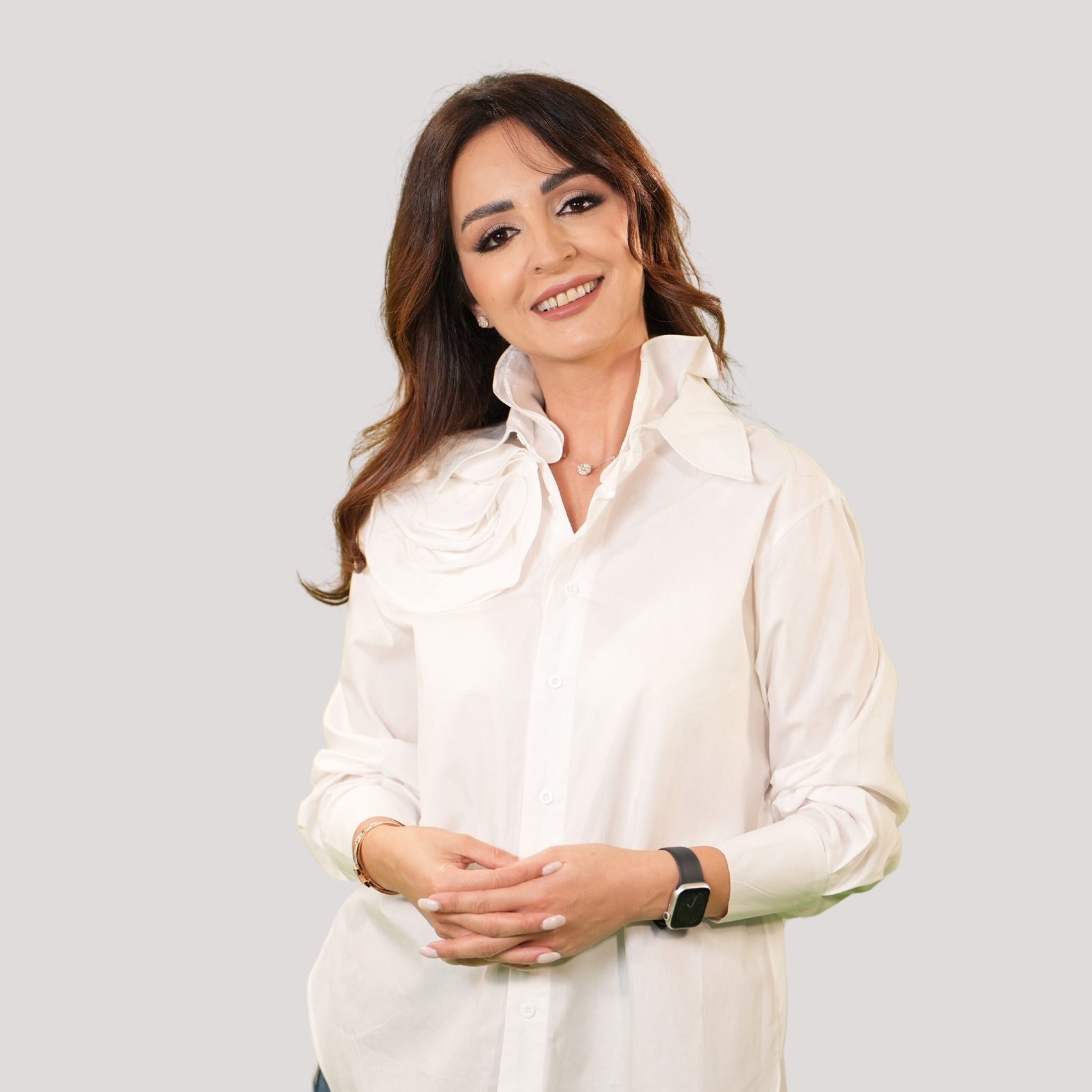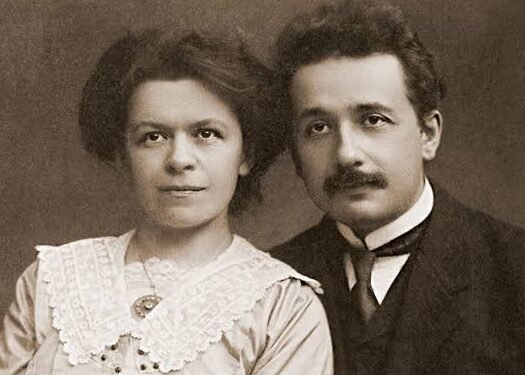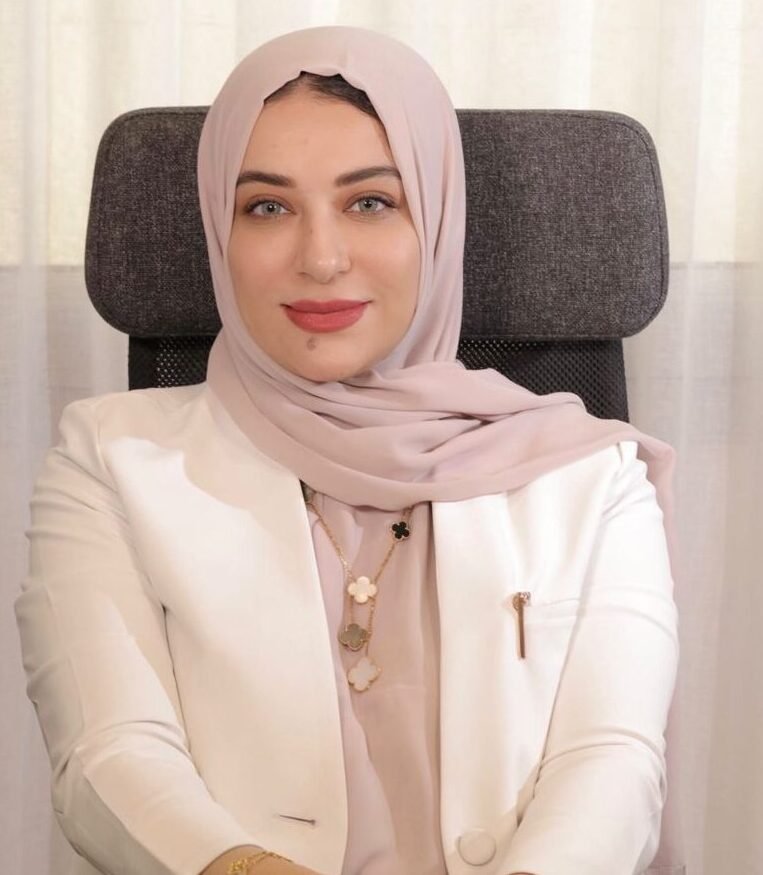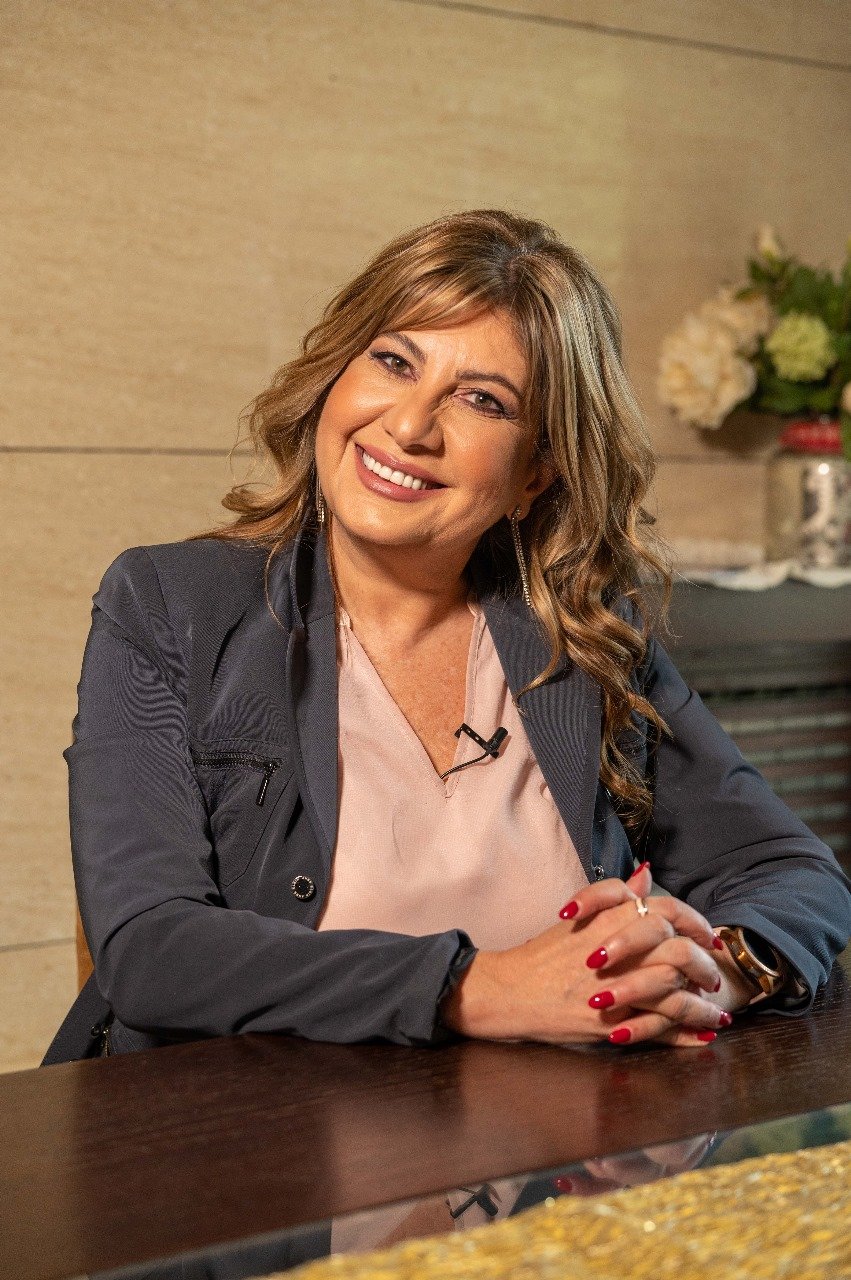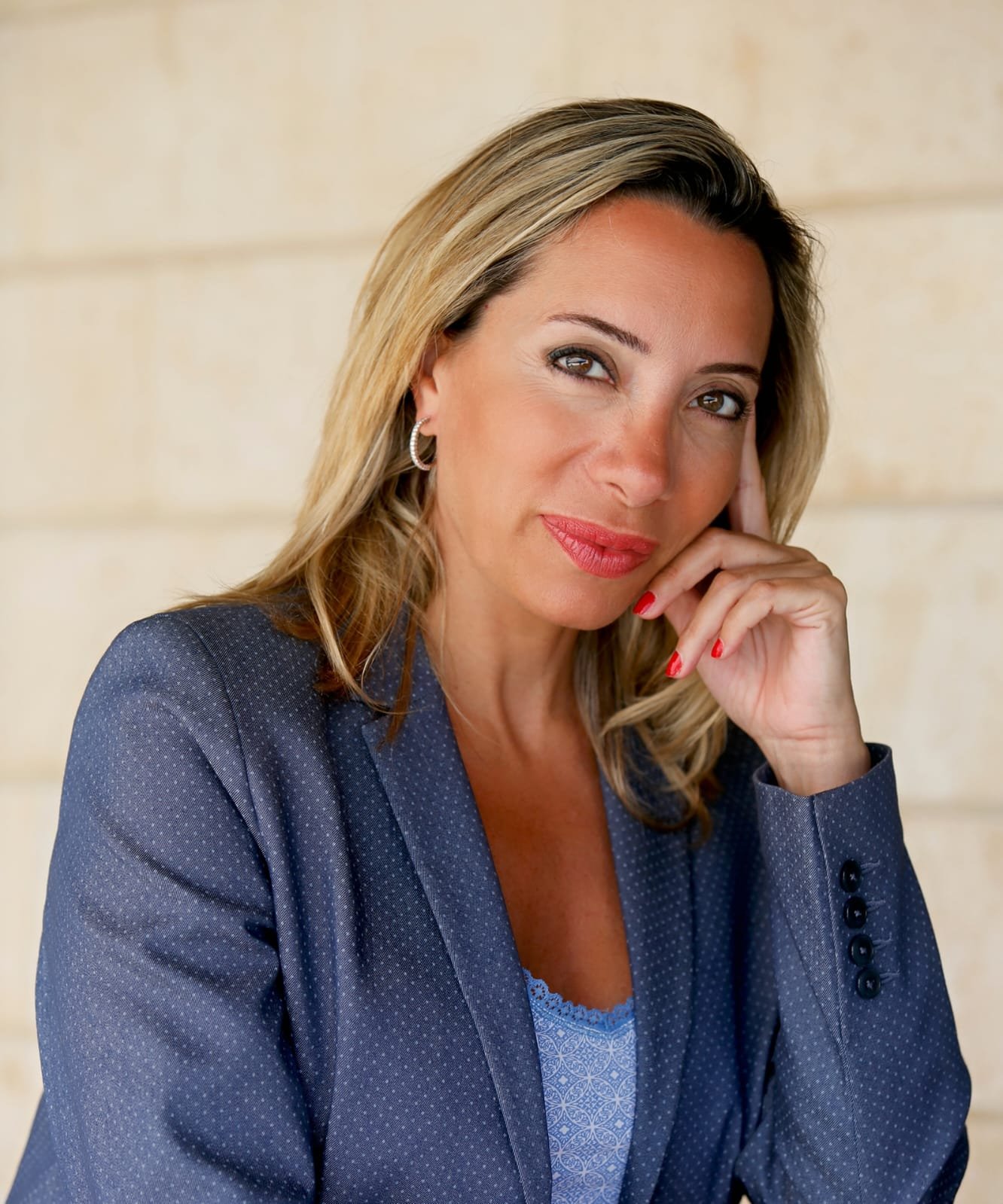I’m Fatima Ibrahim; I’m an Executive Coach so if I am to coach you, I’ll be facilitating a conversation that you’re having within you and yourself.
Q1) Could you give us the sense in these last 20 years, have you seen any changes any developments any going forward; or is it the same style that we had! What have been your observations on the leadership side?
Fatima Ibahim: Well, definitely there has been a lot of changes, especially when it comes to women!In recent years, more women have entered the workforce and assumed leadership roles. However, being outnumbered by men can lead to doubts and feelings of isolation. Despite their technical competence, women may question their place and decision-making abilities, facing challenges in gaining confidence.
Q2) So I obviously don’t look for those different indications and indicators! But from what I’ve noticed you, sometimes when women are put into positions of authority, decision making etc… They feel they must adopt a masculine demeanour to be taken seriously, resorting to giving orders rather than making requests. So, do you think this is something that women should be changing?
Fatima Ibahim: Let me tell you from a very personal experience, a little story of mine. In a past job, my female boss, a rare executive in her field, was demanding and challenging, particularly towards women. I recall instances of being excluded from meetings. And I would remember shout she is shouting at me; I would remember papers thrown at me and so on. In my senior position, I empathized with her unique position as the only woman in leadership. Through patience and diplomacy, I earned her tolerance and became one of her top employees. She was insecurity, a lot of pressure getting on her deadlines and so on.
Haven’t said that women nowadays, although she had a lot of experience under her belt, nowadays I’m inviting and coaching women to be more authentic. So, if you are a leader, you’re does not mean that you’re a boss. Be authentic, understanding, and avoid shouting. Many women enter leadership lacking experience and exposure. All what they have is the power of their position. Leadership competencies may lack authenticity, meaning decisions should stem from authenticity rather than ego. So, you feel comfortable, and others feels comfortable too!
Q3) I expect clear direction and deadlines. If my boss suddenly shifts to being overly gentle and collaborative, it can disrupt our workflow. How do you think employees are going to look at a boss who’s doing all of these things! When they’re expecting to be given direction, deadlines and we are monitored?
Fatima Ibahim: You know what, it’s not separate it’s actually the same as I said, so, it’s not what! It’s how you do it will you still have the deadlines. Then, authentically an authentic leader who understands that this person needs clear directions and deadlines. They will give it to them with care with not being an order or bossy, right? And they will expect like these are my expectations these are the deadlines, and these are your deliverables. So I expect you to do it one two three four respectfully. What if that employee is sick that day. What if there is a death problem what if he has a performance issue for whatever reason! How would the leader act? This is where I come in, does he need to be ballistic and throw around papers because the deadlines are not met? He’s a leader he needs to observe these things, this is what authenticity means. Observe it in a way otherwise he should not be in that position, he needs to know how to orchestrate and lead the team in a way where he does have his strength, his position, his power. And he knows how to use it and distributes this towards his team and make them work, right? Or not make them work support them to work it’s more of a service look, how can I serve you better! So, let tell me how can I support you in achieving the deadlines, what’s missing, what do you need? Is there anything that you’re probably not meeting the deadline because there’s something missing? There’s a process, a block, and miscommunication between management and employees. This is where authentic leadership comes in: to bridge that gap, facilitate communication, and strengthen bonds for authentic corporate life.
Q4) Yes, I get what you’re saying and obviously the bottom-line matters. So, when you’re working with these sweet people, I’m not saying men I’m saying people. How do you get them to change the ‘I’m the boss’ whatever I say goes, that kind of thing? You know, because it’s so much part of the process that has been going on for so long. So, what is your USB that says, “Okay, this is not the way to do it. Maybe perhaps you should do it this way,” because you’re coming in as the coach! You’re also pointing out to them things that have not been working, and when you’re in that position of power, most people have a big ego who don’t necessarily accept that. So, when you are bringing about this massive change in the way they think and the way they do? How do you approach them to get by into the project that you are going to be working on that means authentic leadership?
Fatima Ibahim: When starting coaching, after signing the contract and breaking the ice, it takes a few sessions to say, “Take off the CEO hat and be a human”. Secondly, Ego is not a bad thing; it’s like a barking dog with dog fights all the time. So why can’t we have that dog serving us and stirred, instead of we serve it!
So, if the ego can be tamed, I can name it and want it to serve me better. The ego won’t go away; it’s just barking. Which kind of dog do you want to choose, what do you want to name it, and what qualities do you want to see in it? But there are some nice qualities there.
Q5) Are you going to list some of those qualities for us?
Fatima Ibahim: If we use the metaphor of the barking dog, consider: German Shepherd or Chihuahua? Police dog or affectionate companion? Evaluate traits like loyalty, protectiveness, and how insecurity drives ego protection, preserving image and reputation. This is one of the biggest questions that the egos or the barking dog has. In addressing the ego’s conflicts, aim to facilitate dialogue and instill desired qualities. Each person defines the ego’s traits based on personal goals and aspirations. There is no standard for it.
Q6) Very true, and as you said each person has their own personality each person is coming with their own emotional baggage, each one is coming with their experiences, from childhood. So do you do a lot of Q&A with people who we are going to be coaching, do you give them questionnaires? How do you draw them out so that you know what you’re supposed to do to make it better for them?
Fatima Ibahim: For me, it’s about giving them that safe space because it’s a vulnerable place. I’ve had people crying and cracking. It’s all about inviting them into a safe space, no filters, no shields.
When I ask questions, it’s spontaneous. For example, when they’re building their strategy, I focus more on the end result they want. There’s no one set of questions. I mix and match tools like logical levels or structured questioning like STAR or hierarchy levels to give clarity.
So, this is how it goes on and on, with no one set of questions. There are a lot of tools, and because I’ve been doing this for a very long time, I kind of mix and match these tools. I use the logical level. Sometimes, all I use is very structured questioning like the STAR on reflection or the hierarchy level, so I can prioritize and give my client more clarity on what they want to do, the scaling. So yeah, I mean it’s different; I just mix and match tools to get to that.
Q7) So, what are we noticing is when you refer to a client it’s always male!
Fatima Ibahim: Well, this is what I’ve had so far, the women that I have their aspiring females they’re not yet in that level their senior managers probably have a couple of directors but not a sea level were reporting to a sea level. But yes, most of the women that I have their own leadership positions on directors or firing to be a director or aspiring to be a sea level!
Q8)I’m sure, well, it’s just early days actually in the corporate sector and the government sector where women are stepping up to the plate and taking on more responsibilities and doing the stuff. But I think in some cases it could be that because they’re in some cases it could be that the education part which is not the experience part so there’s a two-ease education and experience. And so now do you feel that women are sometimes being thrown into the deep end and some of them can’t really swim very well?
Fatima Ibahim: Absolutely, and this is a common issue nowadays. How do we address it? Let me share a case: a project manager with a PhD or master’s degree was immediately placed in a high position without prior project management experience. This situation led to burnout. When asked if she would consider stepping back in her career, her ego prevented her from doing so. So, how to level up? First, seek exposure. Second, seek mentorship. Third, don’t hesitate to ask questions and take on more projects to build experience. Technical knowledge is important, but experience is invaluable.
Q9) Now we’re looking at mostly women in the corporate sector, do you come across any women who are now venturing into starting their own businesses? Because you don’t always need mentoring if you’re in the corporate sector. You need mentoring if you’re starting your own business. If you want to be the entrepreneur, you want to be your own boss. You still have to communicate, you still have to have your game plan, whatever else. So, do you have any people that you are mentoring who are in starting out their businesses?
Fatima Ibahim: Honestly no, I haven’t been dealing with those kinds of people not yet!
Q10) But do you feel that this is something where you would be moving in the future?
Fatima Ibahim:I haven’t thought about it because my expertise lies more in coaching leaders who are struggling or striving to be more authentic. Currently, I’m focusing on organizing a retreat, possibly a full-day event held outdoors in nature. The retreat aims to explore topics such as ego and stepping out of comfort zones. Activities will include yoga, meditation, and breathwork to encourage participants to challenge their comfort zones and societal perceptions. Workshops on convictions, judgments, and labeling will also be offered to foster community and understanding. Additionally, a colleague will facilitate a discussion on modern manhood and societal expectations. These conversations will delve into topics like emotional expression and cultural norms.
Q11) What is your take because nowadays I hear a lot about things about this AI! It’s like overtaken our world. So, what is your take on AI when it comes to relationships when it comes to leadership, when it comes to bringing out the best in a person? Because it’s not a person anymore, right?
Fatima Ibahim: So, I was in a conversation, it was a workshop that was going on, and they were talking a lot about how AI is taking over management, not management positions or a lot of the processes. So, we will not need coaches, or we would not need meeting rooms and human interactions, it’s actually killing human. And the comment that strike me that AI is overtaking humanity. I was like yes, it is, but you know what, they will never beat humanity! Because still AI is made by humans and us are made by a higher power and a higher creator and we’re still perfect. So, you cannot compare AI with humanity. Is it destroying it? Yes, it is, and this is why I think coaching is being more and more and more needed because people are afraid to talk to people face to face. They’re so comfortable speaking from a screen or from a virtual room and so on. But that authenticity is gone, even in relationships chat GPT, so you’re not being really authentic and writing your own feelings and how you feel. It’s just AI is giving it to you. So how much true truth does it lie there, so if someone comes and tells me that AI is overpowering humanity and they’re better, I will say no it’s killing humanity! Because our creator is greater than AI’s creator, because AI is still created by human.
Q12) So, coming back to I wanted your thoughts on starting young so generally what happens when people graduate from university, they’re full of knowledge! From the books and the research that they’ve done and a couple of presentations here and there. Maybe a 6-month internship somewhere, but what I have observed is that they’re pretty lost. And I wanted to know what is your opinion of people coming out of university? Do you think it would be a good idea for them to have something to do with mentoring and a mentorship course. Where people like you perhaps, could go in and give them a taste of the real world?
Fatima Ibrahim: Definitely, in my current company, I trained 20 interns through an internship program. Such programs are crucial as they provide real-life exposure to the workings of a company. Interns shadow different teams, from sales to technical, gaining valuable insights.
Companies should offer mentorship within their organizations, aiding young professionals’ development. Today’s students benefit from advanced technology and abundant online resources, reducing confusion upon entering the workforce. They need exposure to the reality of a working environment to bridge the gap between theory and practice.
Q13)Okay, so you talked about how the young people are very textuary and they’ve got this, and they’ve got that. And they know how to operate this and get the best of this and that. But I think what’s really missing is the human touch, right? So, you know how to interact with people, not a voice or some image that appears and gives you some selection of answers or whatever based on your input. Then, guys you are different right, so that I think that is an aspect that perhaps we should look at! So what do you think about that because that’s exactly what you were talking about AI right. And the younger ones are more tech savvy than you and of course I belong to another generation already altogether. But I find that the human touch is lacking so is that something that you could be recommending and to work on in relationships, communications skills etc….?
Fatima Ibahim: Absolutely so, you know when I was talking about the internship program; the internship program had a spectrum of public speaking, communication skills, presentation skills, how to deliver the message. And there is a graduation program that each student does. So, the human interaction is super important I mean enough in because I work in a tech company, so they used AI to produce their project. But then they had to convey it to the board members or the leadership team that this project is sellable. It was very important for them to know and have that interpersonal skills to sell their product. So yeah, it’s very important the human interaction is super important and I can see myself or I think organizations are going to get there sometime. They’re going to realize that this is very important and they’re going to get in I mean they’re going to be getting these programs more in terms of mentors and coaches to be with the fresh graduates, to support them with human interactions.
Q14) I work extensively with students on financial planning, but many seem disconnected, preferring apps over guidance. Should coaching extend beyond the C-suite, particularly in HR? What’s your take on the evolving role of human resources?
Fatima Ibahim: I refuse to call it resources; they’re human capital, assets. I always wear my service hat, aiming to make people’s days better, even in tough situations like layoffs. I encourage all HR professionals to adopt this attitude.
Coaching isn’t just for CEOs. While I specialize in that area, I’ve encountered coaches in various specialties, from career coaching to trauma coaching. There’s a coach for everything, and I specialize in the C-suite due to personal experiences and alignment with Saudi Arabia’s Vision 2030.
The younger generation, aged 25 to 35, is crucial for carrying forward this vision. It’s my responsibility to ensure they lead authentically and healthily. I care deeply about my country’s future and want to contribute to its success through coaching.
Q15) So, we’re coming to the end of our interview my dear, and I think you have some special words for us which you would like to share. I think it starts with the letter C!
Fatima Ibahim: Since we’re going through the era of AI, and a lot of technology getting in and how do I deal with the especially the young people that I would say, and we’ve addressed a lot of that, I have this app I have that app and AI is becoming the dominant. So, I have the Seven Seas module to be more human; it’s the Seven Seas for being more human.
So, the Seven C’s are: curiosity, care, courage, connection, compassionate contemplation, and creativity. Together, these principles guide us to be creative in our interactions with others and ourselves. We must be compassionate and caring, allowing ourselves and others to be courageous and human. Always remain curious, seeking ways to improve and make things easier for everyone. Even when faced with negativity, maintain curiosity without judgment. Embracing these principles fosters humanity. I encourage everyone to explore the Seven C’s model of humanity, as it offers valuable insights and support for becoming more human.
To know more about: فاطمة ابراهيم
To know more about: ساندي ساكسينا
For more Interviews like this, head to: ONE-ON-ONE – Executive-Women





